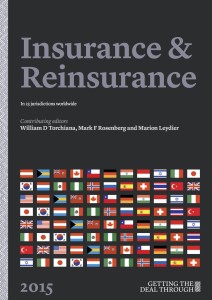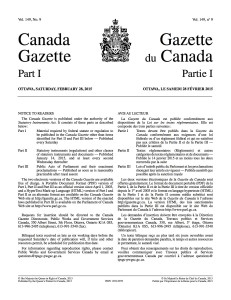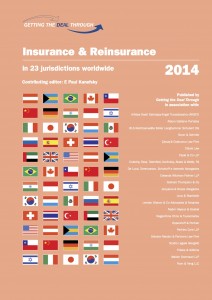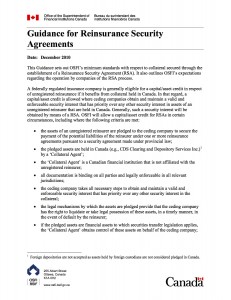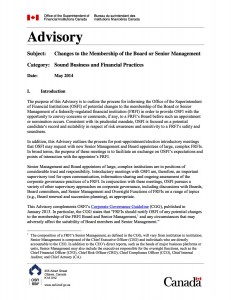On January 1, 2015, certain amendments to Manitoba’s The Insurance Act came into force requiring incidental sellers of insurance to hold a restricted insurance agent’s license in Manitoba as of June 1, 2015. See Section 72 of the The Insurance Amendment Act S.M. 2012, c. 29 (“Bill 27”) for full text of the amendments. These amendments in Bill 27 are the second instalment in a series of amendments that were proclaimed to come into force in three parts: on September 1, 2014, January 1, 2015 and March 1, 2015, and which bring Manitoba’s The Insurance Act closer in line with Alberta’s Insurance Act.
This second group of amendments implements a restricted insurance agent licensing regime similar to those in place in Alberta and Saskatchewan. In addition to the amendments to The Insurance Act, the Manitoba Insurance Agents and Adjusters Regulation was also amended to set out the particulars of the new licensing regime (see M.R. 215/2014 for the amendments to the regulation proclaimed in force on January 1, 2015). Under the new restricted agent licensing regime, incidental sellers of insurance are required to obtain a restricted insurance agent license from the Insurance Council of Manitoba. Incidental sellers of insurance that will require a restricted agent license include deposit-taking institutions, travel agencies, mortgage brokers and funeral directors and other specified entities that, in the course of selling certain goods or services to their customers or clients, offer certain classes of insurance that relate to those goods or services.
The Insurance Council of Manitoba has announced that it will begin accepting applications for restricted insurance agent licences on February 1, 2015, and has advised that applications must be received prior to April 30, 2015 to ensure they are issued prior to June 1, 2015. The Insurance Council of Manitoba issued a Notice in December 2014 with further information about the transition, which is available here.

